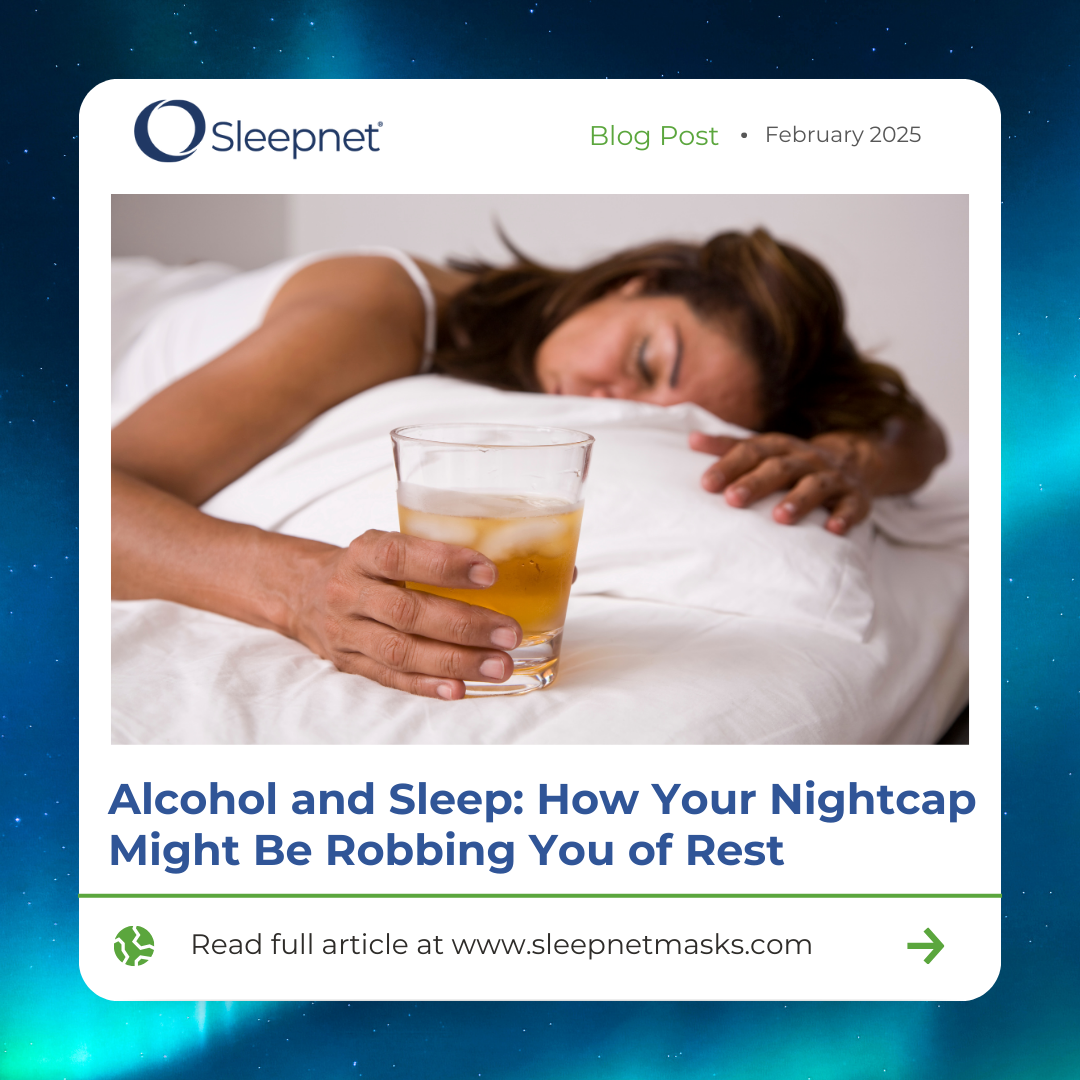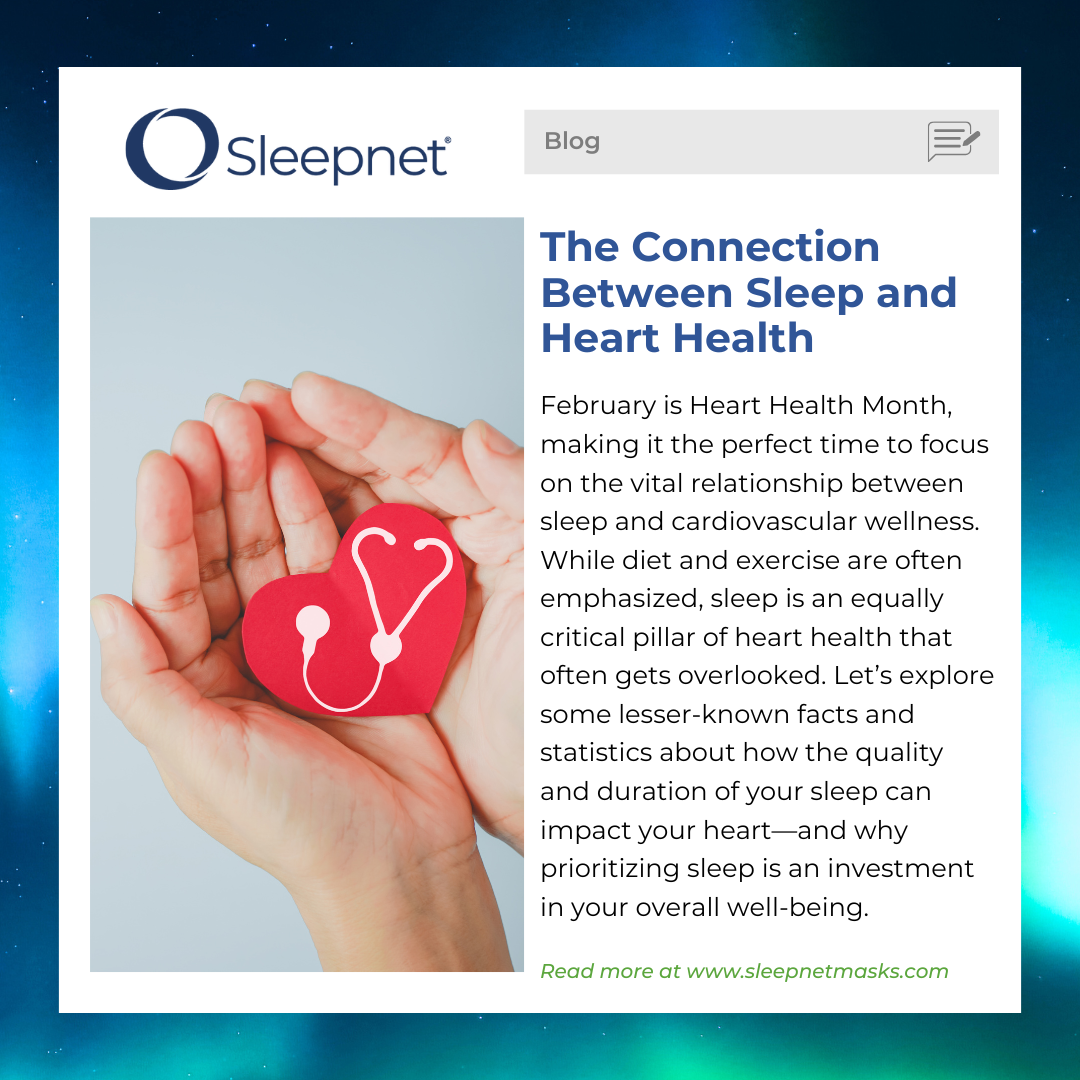Alcohol and Sleep: How Your Nightcap Might Be Robbing You of Rest
For many, the idea of a nightcap—a drink before bed—might seem like the perfect way to unwind and relax. While alcohol can initially make you feel drowsy, its impact on your sleep is far from restorative. Poor sleep quality linked to alcohol consumption can have lasting effects on your health, energy levels, and overall well-being.
In this blog, we’ll explore the connection between alcohol and sleep, why it disrupts your rest, and how to make better lifestyle choices to prioritize quality sleep.
How Alcohol Affects Your Sleep
- Initial Sedation vs. Long-Term Disruption
Alcohol initially acts as a sedative, making it easier to fall asleep quickly. However, as your body processes the alcohol, it disrupts essential stages of the sleep cycle, leading to fragmented rest. This often results in waking up feeling unrested. According to research, consuming a moderate amount of alcohol within an hour of bedtime can suppress melatonin production by nearly 20% (Psychology Today, 2018, Alcohol and Sleep: What You Need to Know).
- Suppression of REM Sleep
REM (Rapid Eye Movement) sleep is crucial for mental restoration, memory consolidation, and emotional processing. Alcohol suppresses REM sleep, which can leave you feeling groggy and irritable the next day (Hackensack Meridian Health 2023, Here’s How Alcohol Affects your Sleep).
- Increased Nighttime Awakenings
Alcohol consumption often leads to increased wakefulness during the night. This occurs as your body processes the alcohol, resulting in dehydration, trips to the bathroom, or even a racing heart (PubMed Central 2022, “Effects of alcohol on sleep and nocturnal heart rate…”).
- Aggravation of Sleep Apnea
Alcohol relaxes the muscles in your throat, which can exacerbate sleep apnea or lead to snoring. For those already using CPAP or NIV therapy, alcohol may reduce the effectiveness of their treatment (Center of TMJ and Sleep Apnea, “Why do I snore when I drink alcohol?”).
How to Improve Your Sleep Quality
- Reduce or Eliminate Alcohol Before Bed
Try to avoid drinking alcohol at least 3–4 hours before bedtime. This gives your body time to metabolize alcohol, minimizing its impact on your sleep cycle.
- Hydrate and Replenish
If you do consume alcohol, drink plenty of water throughout the evening. This helps combat dehydration and reduces the likelihood of waking up due to thirst.
- Establish a Consistent Bedtime Routine
Replace alcohol with relaxing, sleep-promoting activities. Consider winding down with herbal tea, meditation, or a warm bath to signal to your body that it’s time to rest.
- Limit Caffeine and Heavy Meals
Pairing alcohol with caffeine or a large meal close to bedtime can further disrupt your sleep. Keep evening meals light and avoid stimulants after late afternoon.
- Use Supportive Sleep Tools
If you’re managing conditions like sleep apnea, ensure your CPAP or NIV mask fits well and is functioning properly. A reliable mask can make a significant difference in achieving restorative sleep.
Making Sleep a Priority
Quality sleep is one of the most important pillars of good health, and alcohol can significantly interfere with it. By understanding the effects of alcohol on your sleep and taking proactive steps to improve your habits, you can wake up feeling energized and ready to take on the day.



